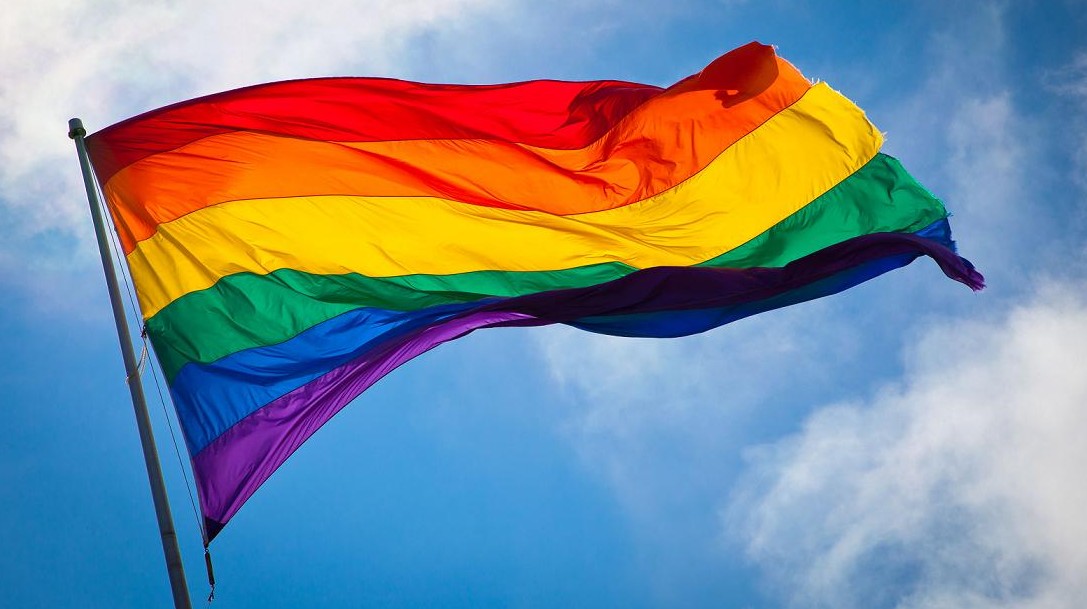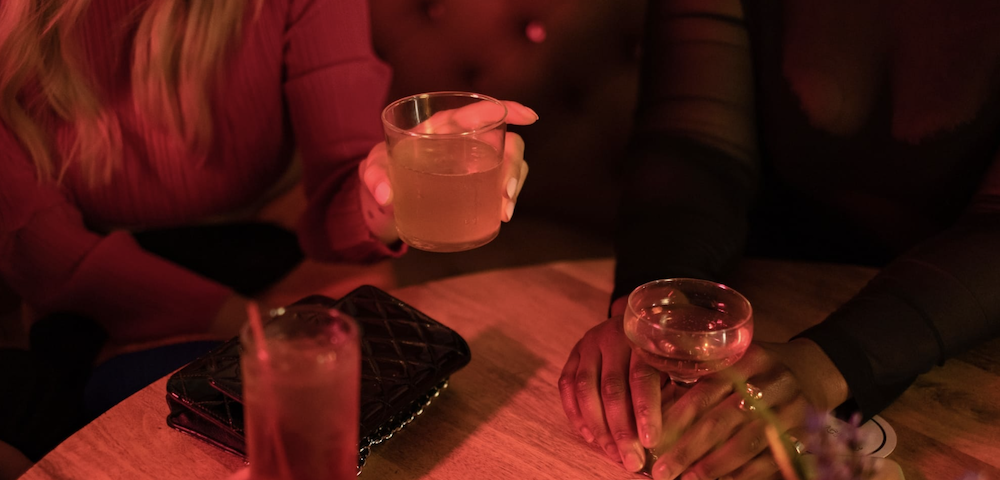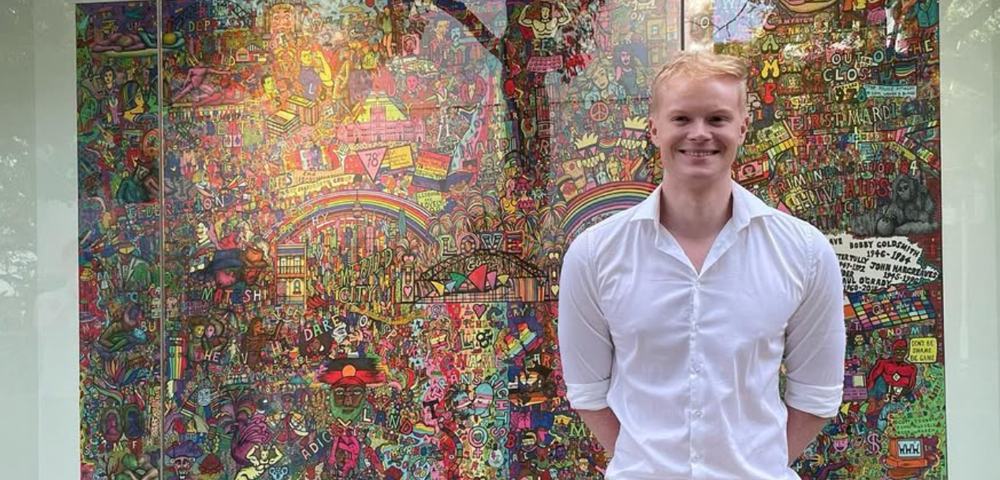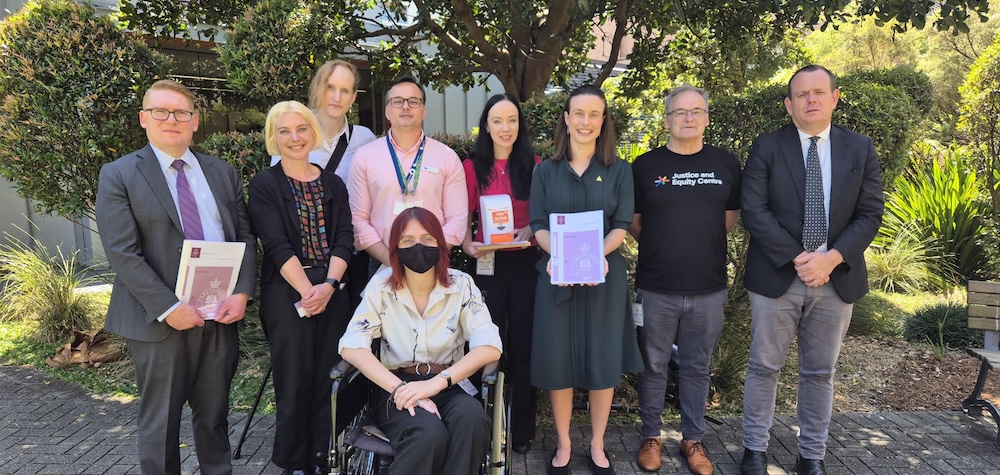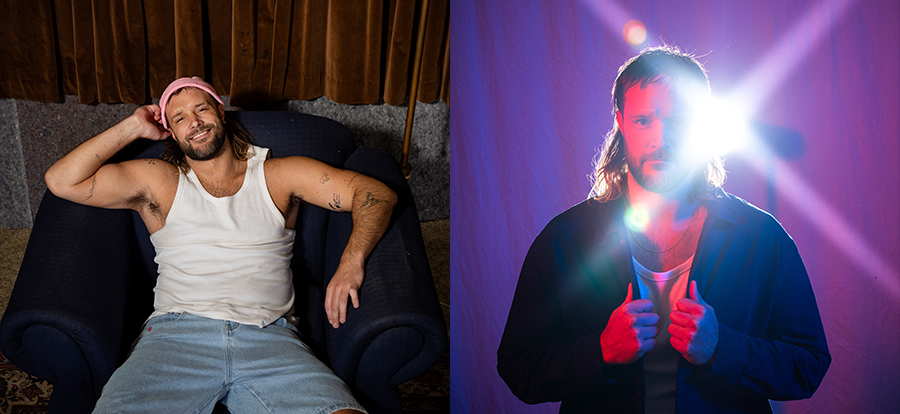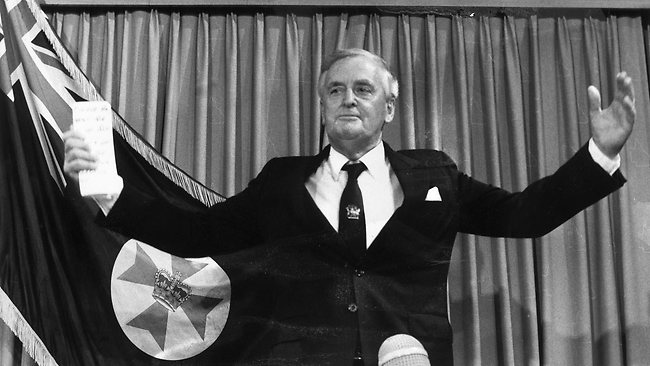
HIV prevention can’t happen in a clinical vacuum
There have been some inaccurate and misleading reports of how the Queensland Association for Healthy Communities has been delivering programs and spending state HIV prevention funds. Whilst people are entitled to their own opinion, it is in everyone’s best interest for these opinions to be based on truth and reason.
We hear that other organisations would not “go on the record” in support of Healthy Communities use of HIV funds for other community work. Of course not, this is impossible in the current atmosphere of intimidation and threat of defunding should they engage in advocacy.
Tellingly none of these organisations have criticised – either on or off the record – our HIV prevention work through LGBT communities.
One of the reasons originally given for defunding was that Healthy Communities had ‘lost its way’. Although this has never been substantiated, it appears from subsequent comments by the Health Minister (and in some gay press) that this refers both to our political advocacy and support of community-based events throughout Queensland.
Up until May 20, 2012 advocacy was a key performance indicator in our contract with Queensland Health. Had we not been providing advocacy to gay men and men who have sex with men, we would have been in breach of our contract.
HIV prevention can’t happen in a clinical vacuum.
In 2012 the medical approach to HIV prevention, testing and treatment has evolved and so has Healthy Communities. The message of ‘use a condom every time’ is clinically known as the best method of HIV prevention. We know however that for parts of our community this simple message is outdated and other risk reduction strategies are being explored. We support people to make their own informed decisions and provide supportive environments for these decisions to be made.
Internationally recognised best practice requires a sophisticated range of strategies from a partnership between affected communities, governments and researchers. It is disappointing that the Minister has unilaterally walked away from this approach. We respect the members of the Ministerial Advisory Committee who are volunteering their time in the best interests of the Queensland community and urge that the partnership approach returns to Queensland as a matter of urgency.
Throughout our history we have worked to improve the health and quality of life of LGBT communities. We will continue to do this through our cutting edge current projects including the 2 Spirits Program (Aboriginal and Torres Strait Islander sexual health/HIV prevention), Inside Out Project (mental health and suicide prevention); LGBT Awareness Training Program (upskilling mainstream services on LGBT issues); Multicultural Project – promoting sexual health to multicultural LGBT people; Men4Men (gay men’s sexual health/HIV prevention); The Seniors Visiting Program, and supporting volunteer action groups such as the Lesbian Healthy Action Group, Many Genders One Voice, LGBT Ageing Action Group and the LGBT History Action Group.
We have new positions, LGBT health promotion officers, who will work with all LGBT people, their families and friends to improve our communities’ health and wellbeing and provide information and education about sexual health.
We appreciate the overwhelming and vocal support that we have received throughout the LGBT communities. We take this as a vote of confidence in our past work. We are proud of this work. Despite what you may have heard, we have no intention of closing down and will continue these programs and develop new ones as our communities continue to change.
